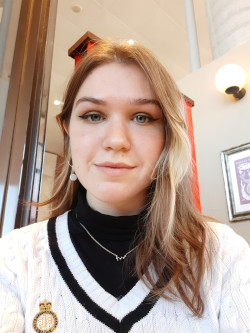About
The University of Tsukuba undergraduate degree in International Social Sciences equips students with the skills to understand and interpret a changing world. The program allows students to earn a degree through classes taught in English. It focuses on a comprehensive and multidisciplinary study of international affairs, including the study of languages other than English, and analytical methods drawn from social sciences and related fields. It gives insights into key topics in both Japanese and international social studies using a multidisciplinary approach.
Creating citizens of the world: Our undergraduate degree in International Social Sciences equips students with the skills to understand and interpret a changing world
Twenty-first century social, political and economic landscapes evolve at rapid rates. It’s a complex task to stay abreast of phenomena such as the collapse of the socialist regimes in Eastern Europe, the ongoing fallout from the Global Financial Crisis, and the widespread social impacts of the Fukushima disaster. The University of Tsukuba’s undergraduate program of International Social Studies provides students with rich opportunities to learn about and understand the implications of such events.
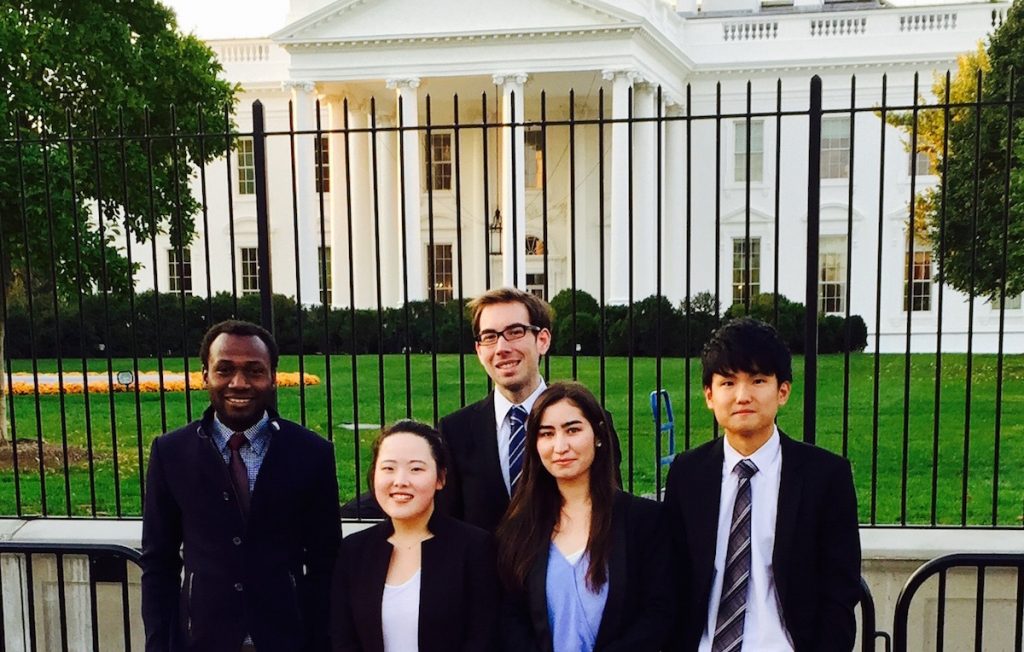
The program allows students to earn a Bachelor of Arts (International Social Sciences) through classes taught in English. It focuses on a comprehensive and multidisciplinary study of international affairs, including the study of languages other than English, and analytical methods drawn from social sciences and related fields. It gives insights into key topics in both Japanese and international social studies using a multidisciplinary approach, explains Professor Edson Urano, of the School of Social and International Studies. “The program combines contents of two Colleges that are under the umbrella of the School of Social and International Studies — the College of Social Science and the College of International Studies,” he explains. “This means students can ‘navigate’ through various interesting fields such as international relations, political science, economics, sociology and management, and specialize in a specific field in their third and fourth years of study.”
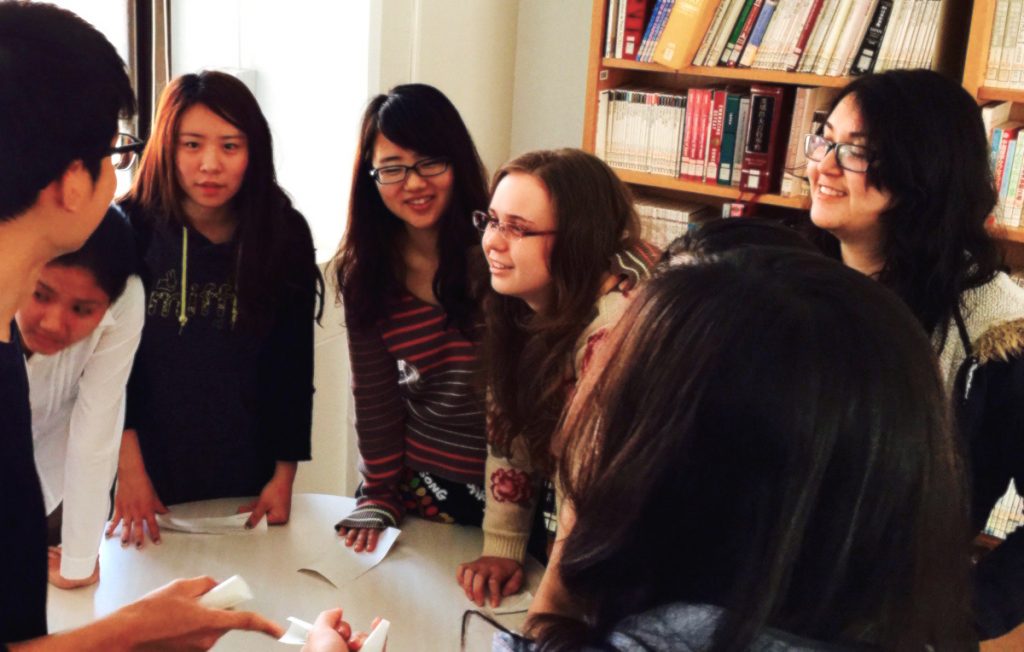
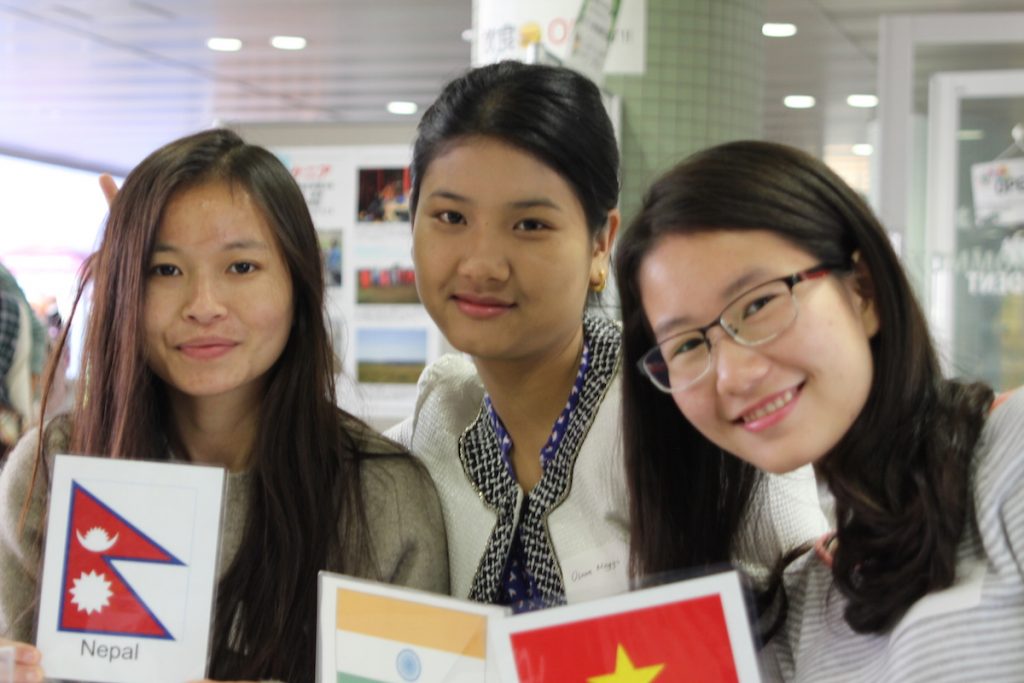
A distinctive feature of the course is that classes are small, with fewer than 20 to 50 students in each, permitting the development of in-depth discussions on a variety of key issues of the contemporary world, such as international migration, economic development, environmental issues and information society. “We make use of discussions and presentations in small groups to keep the educational process dynamic, dialectic and interesting,” Edson says.
While all classes are taught in English, students also have the opportunity to learn Japanese as a foreign language. Depending on their language proficiency, they also can take regular classes taught in Japanese.
The diversity of the course contents is matched by the backgrounds of the students taking them. “You could say we have a UN-like environment in our classes, through which we develop discussions from a multisided, multicultural and global perspective,” says Urano. “Students from all over the world have been challenging together in this endeavor, contributing to the enrichment of our course.”
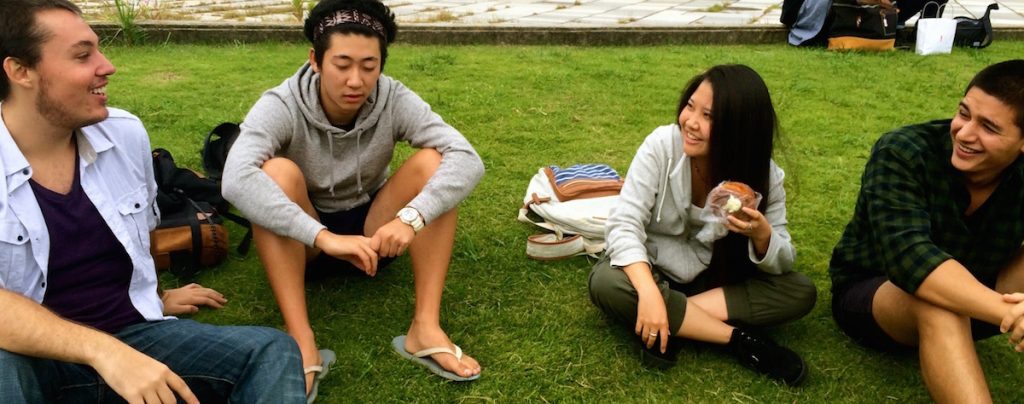
“Coming to the University of Tsukuba is one of the best decisions I have taken in my entire life,” says Eric Adjepong Kwarteng, from Ghana, who has relished the opportunity to interact, learn and communicate with people from more than thirty countries and cultures. The University of Tsukuba has one of the best social and international studies programs in the country, with a large population of foreign students compared to other universities, adds Vietnamese student Huyen Thi Thanh Nguyen.
From next year, 20 students are expected to be graduating from the course each year. Most graduates so far have gone on to postgraduate study. “In the future,” Urano says, “we would expect our students to join multinational companies, top-ranked Japanese companies and international organizations.”
Objectives
The Undergraduate Program of International Social Studies (TISS) offers the degree of Bachelor of Arts in International Social Sciences, which can be earned through English only classes.
- Developing global citizens who can respond to the needs of a global society, with the ability to accurately recognize, analyze and solve the various problems arising all over the world.
- Providing discipline-based foundations for insights into cultural, economic, political, social, and information technology issues emerging in the era of globalization.
Degree
- Bachelor of Arts in International Social Sciences
Features
Responding to the diverse and advanced needs of society with strengthened interdependence and cooperation between the College of Social Sciences and the College of International Studies.
- Focusing on the comprehensive and multidisciplinary study of international affairs, including the study of languages other than English and analytical methods drawn from social sciences and other fields. Offering insights into key topics in both Japanese and international social studies using a multidisciplinary approach.
History
| Year | Contents |
| April 1974 | Establishment of College of Social Sciences (First Cluster of Colleges) — Composed of 4 majors (Sociology, Law, Political Science, Economics) |
| 1983 | Establishment of College of International Relations |
| 1995 | College of International Relations renamed itself as College of International studies — International Development Major was added as a result of the reorganization of the college |
| 2007 | Establishment of School of Social and International Studies — as a result of the reformation of the undergraduate system |
| 2009 | Inauguration of Undergraduate Program of International Social Studies (Global 30) |
| August 2010 | First students of Global 30 entered the program |
| 2020 | “Global 30 (G30)” abbreviation changed into “TISS” |
Curriculum
The University of Tsukuba effectively combines courses in general education and those related to the student’s major into a multidisciplinary format, instead of first providing a general education course, followed by a field-specific education course, as seen in many universities in Japan.
Students can start studying for their major field of study from the first year, while acquiring knowledge in a wide range of other academic fields where necessary, or according to personal interests. The student can plan the four years at the University of Tsukuba according to their own needs and interests, and discover the depth and fascination of learning that is different from what they experienced in their high school education.
Subject Areas:
- Major Subjects
Professional courses for focused majors - Foundation Subjects for Major
Basic courses for the study of focused majors - General Foundation Subjects
Common Foundation Subjects and Specific Foundation Subjects
Course Catalogue
Our degree offers a broad education in fundamental and applied aspects of the bioresource sciences. On this page, you can find a list of courses available in English.
Finance
Planning your finances for university studies can be difficult. Your main expenses will be tuition, accommodation rent, food and living expenses, travel, and personal expenses. This page will provide information regarding financial information for students entering the English program in International Social Sciences.
Tuition fees
Partial and full tuition waivers are available for high performing students with financial difficulties.
Scholarships
The University’s Tsukuba Scholarship is open to all students and provides 60,000 yen per month living allowance. For first grade students, the scholarship period is September to March. Thereafter, the scholarship period would be from April to March.
There are a variety of other scholarships available to international students, and the university can help students apply. Please note that many scholarships require students to hold a student visa, so students who have a Japanese passport may not be eligible for some scholarships.
A list of scholarships can be found on the university’s main webpage.
Admissions Center
For details of admission, please visit the following web page of University of Tsukuba.
Student Testimonial
Mamo Bethelehem Tilahun
Prior to coming to Japan, I came up with the idea that I wanted to study a major that is law or International Relations oriented. Currently, in my third year in the International Social Studies program, I have discovered that the University of Tsukuba offers a holistic program that fulfills and satisfies my various interests and beyond. As I continue to learn new things here at the University, I am further reorienting my focus and further building a solid foundation, and all of this is made possible due to the course structure and the support provided by the university staff. Studying at the university here is such a rewarding experience for me, and what I like the most about learning here is having a flexible schedule and the ability to choose courses from different departments too. However, what I love the most about the university is how international it is as both teachers and students come from different parts of the world. The fact that it is very international and diverse has taught me a lot about people, and their cultures and it has deepened my perspective of the world greatly. My teachers at the university are kind, caring, and very supportive and it is greatly felt especially that now I am working towards my graduation proposal. Not to mention the green environment that surrounds the university here as Tsukuba is endowed with various natural landscapes, while still being close to the city center— Tokyo. I hope you join the university and relish the sheer amount of experiences and opportunities that the university offers.
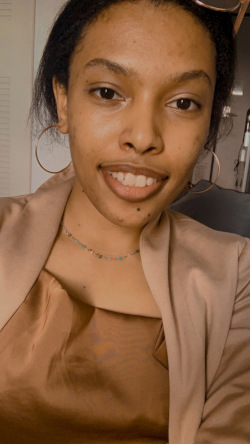
Pham Minh Nam
Hi guys! I am Nam, a student at the TISS program, University of Tsukuba. To me, TISS program is an excellent place to study. Apart from all the wonderful academic gains that professors have brought, I believe that studying here has helped me to enlarge my circle of friends from across continents in the world. Certainly, even though studying abroad is never an easy-going experience, TISS professors have helped me a lot to overcome all hardships and enjoy my life in Japan to its fullest. If you are seeking a program which would help you stay “intrigued” about the world, TISS is the right destination for your journey in Japan.
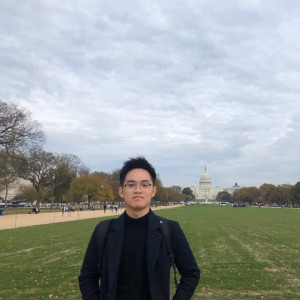
Genevieve Quinn
Moving from Texas to Japan required a huge leap of faith. It was my first time traveling abroad to live on my own, and I was not quite sure how things would pan out. However, I was pleasantly surprised to find out how close-knit the community here in Tsukuba is. With only a handful of other people in my program (International Social Science), I was able to quickly get acquainted with everyone. There are a variety of clubs and circles to participate in, and within my first semester, I was able to find many new friends with which I could enjoy my time here in Tsukuba. Between sports activities, cultural exchange clubs, and language clubs, I stay pretty busy even outside of class! The campus itself is gorgeous, with nature aplenty and various hole in the wall spots to set up my books and study. The contents of my classes are always interesting, whether I am studying comparative law or learning about trends of international migration. Lessons are always diverse and engaging! Whenever I feel like a bit of excitement, Tokyo is less than an hour away. Thanks to this, my experience living in Japan has been exciting and fulfilling!
